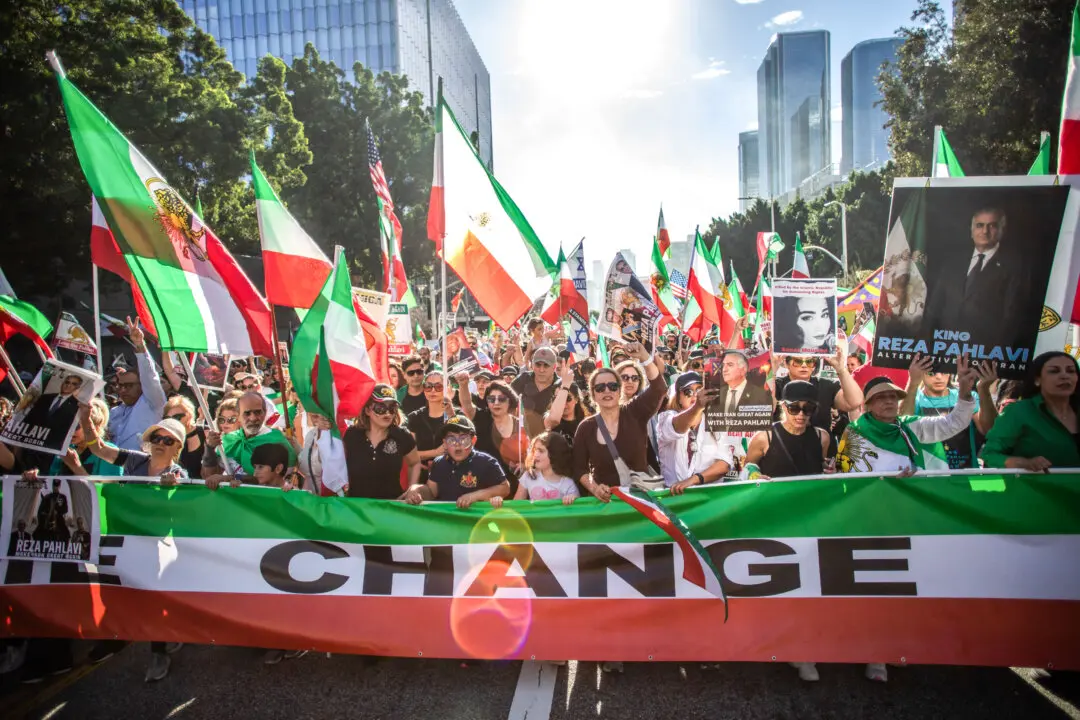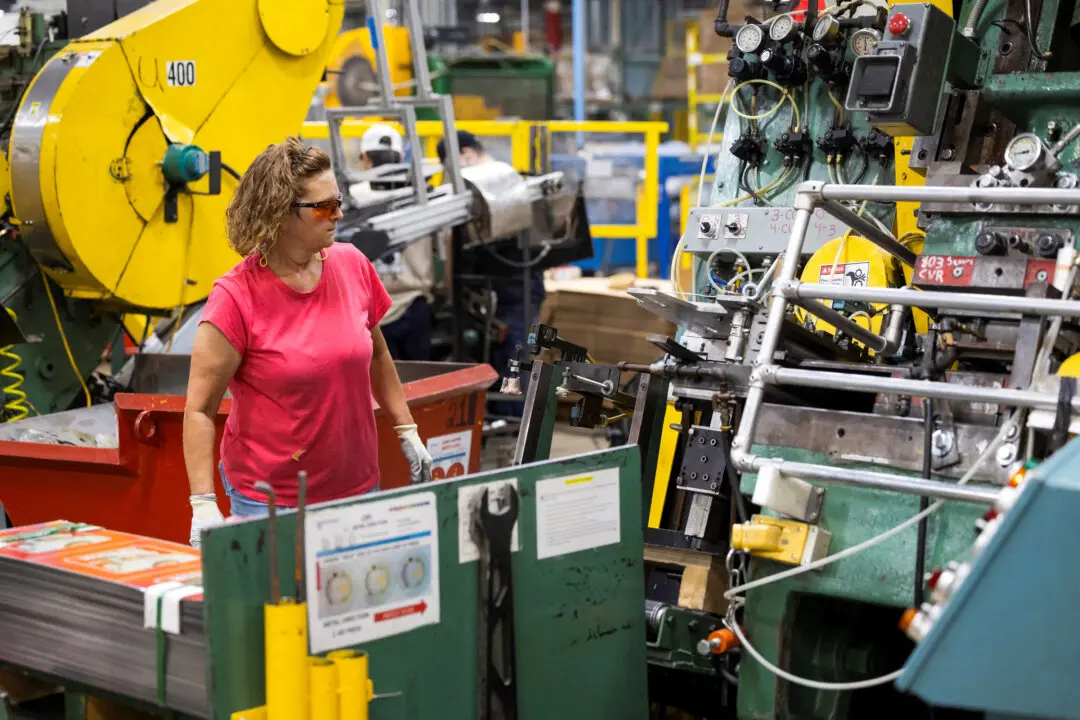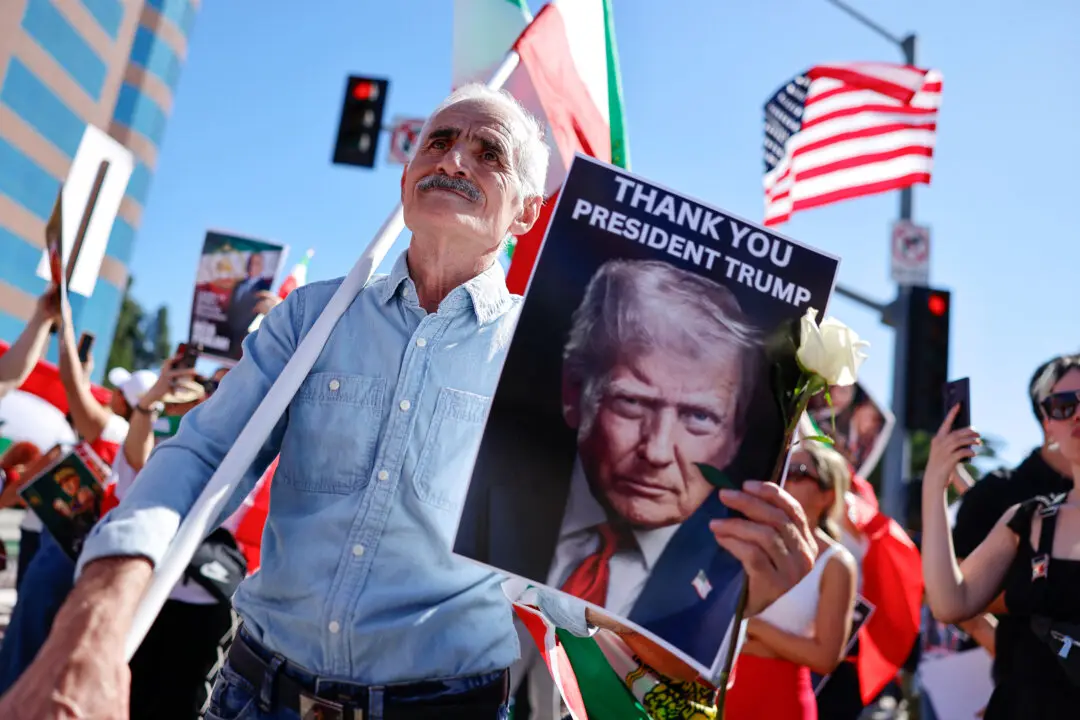WASHINGTON—President Donald Trump’s chances to win reelection in 2020 are rising as the violent demonstrations across the country are playing in his favor, according to JPMorgan Chase & Co., which also reports the economy is making a “K-shaped” recovery.
“Investors should position for rising odds of Trump re-election,” Marko Kolanovic, head of the global macro quantitative and derivatives strategy team at JPMorgan, wrote in a recent report.





